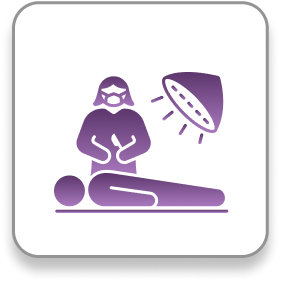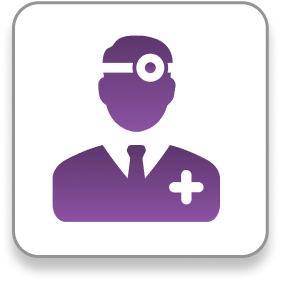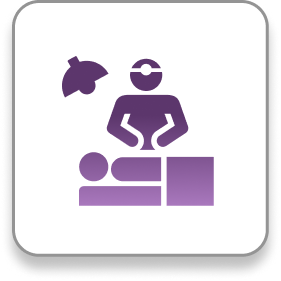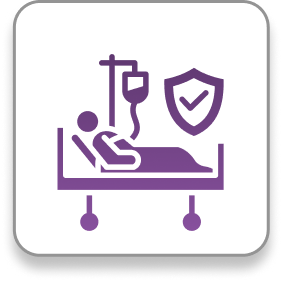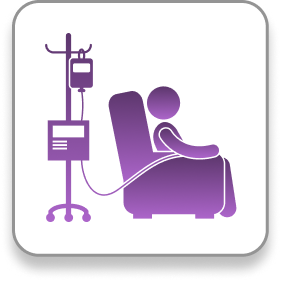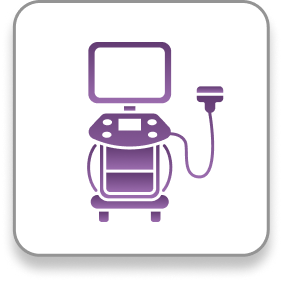Feeling breathless while walking short distances? Cough that just won’t go away? Most of us say, “Hawa kharaab hai” and move on. But sometimes, it’s more than just pollution or weather. It could indicate a slowly developing lung condition. A pulmonologist will help you by detecting and treating these early before they turn serious. They look deeper into what’s really going on with your lungs and guide you with the right care.
In this blog, we’ll break down when it’s the right time to visit a pulmonologist, what they really do, and why timely care for your lungs matters more than you might think.
Who Is a Pulmonologist, and What Do They Treat?
A pulmonologist is a doctor who deals with diseases related to the entire respiratory system, including the windpipe (trachea), lungs, airways, and even the muscles that help us in breathing. They tackle both short-term illnesses like chest infections and pneumonia and long-term conditions like asthma, chronic bronchitis, Chronic Obstructive Pulmonary Disease (COPD), and sleep-related disorders like sleep apnoea.
Common Symptoms That Require a Pulmonologist’s Attention
There are numerous symptoms that require your undivided attention when it comes to respiratory diseases. Some of them are:
Shortness of Breath with Everyday Activities
If climbing stairs or walking short distances leaves you breathless. It might not just be because you are “out of shape”. This can be a sign of lung conditions like asthma, COPD, or even early lung failure.
Persistent or Chronic Cough
A cough that lasts more than 3 to 4 weeks or keeps coming back may point to bronchitis, allergies, or something more serious.

Frequent Chest or Lung Infections
If you often catch chest infections or your cold always “goes to the chest”, your lungs might not be functioning well, which could mean chronic bronchitis, weakened immunity, or even underlying COPD.
Wheezing or Noisy Breathing
A whistling sound while breathing, especially while exhaling, is usually due to blocked or inflamed airways and may be linked to asthma, allergies, or lung infections.
Chest Pain or Tightness
A feeling of heaviness or tightness in the chest, especially while breathing, coughing, or lying down, can be a warning sign of a lung infection, asthma, or even fluid build-up around the lungs.
Loud Snoring and Daytime Sleepiness
If others notice loud snoring or you often feel tired during the day despite a full night’s sleep, it could be sleep apnoea, a condition where breathing repeatedly stops during sleep.
Swelling in Legs with Breathing Trouble
If your feet or legs swell along with breathlessness, it might be linked to fluid retention caused by lung or heart problems and needs immediate attention.

History of Long-Term Smoking
Even if you feel okay, long-term smoking silently damages your lungs. It increases the risk of chronic bronchitis, COPD, and even lung cancer, so regular check-ups are crucial.
Family History of Lung Diseases
If close family members have had asthma, tuberculosis, COPD, or lung fibrosis, you may have a higher risk, especially if you notice early symptoms like coughing or breathlessness.
When to See a Pulmonologist Instead of a General Physician
Most of us start with our family doctor when we feel unwell, and that’s usually enough for things like a common cold or a mild chest infection. But if your cough just won’t go away, if you’re always out of breath, or if chest issues keep coming back, it might be time to see a specialist.
Conditions That Need Specialized Pulmonary Care
Asthma
Asthma causes inflammation and narrowing of the airways, leading to wheezing, coughing, and breathlessness. A pulmonologist helps manage it through personalised treatment plans, inhalers, and lifestyle advice to prevent flare-ups.

COPD (Chronic Obstructive Pulmonary Disease)
This includes chronic bronchitis and emphysema, usually caused by long-term smoking. COPD leads to permanent lung damage, and only specialised care can slow its progression and improve breathing comfort.
Interstitial Lung Disease (ILD)
ILD involves scarring of lung tissue, making it harder for oxygen to pass into the blood. Early diagnosis and expert care are crucial to slowing the damage and managing symptoms effectively.
Bronchiectasis
In this condition, the airways become damaged and widened, leading to mucus build-up and frequent lung infections. Pulmonologists provide airway clearance therapies and long-term management to protect lung health.

Lung Infections & Tuberculosis (TB)
Recurrent pneumonia or TB can cause complications like lung scarring or fluid build-up. A pulmonologist makes sure of proper treatment and recovery, especially in drug-resistant or lingering cases.
Pulmonary Hypertension
This is high blood pressure in the lungs, which puts strain on the heart. It requires early detection and careful management by a specialist to reduce complications and improve quality of life.
Sleep Apnoea & Sleep-Related Breathing Disorders
Loud snoring, gasping during sleep, or daytime sleepiness can be signs of sleep apnoea. Pulmonologists perform sleep studies and offer treatments like CPAP therapy to restore proper breathing at night.
Lung Cancer
Pulmonologists assist in diagnosing lung cancer, often through procedures like bronchoscopy, and work closely with oncologists for ongoing treatment and breathing support.
Pulmonary Embolism & Pneumothorax
These emergencies, like blood clots in lung arteries or a collapsed lung, require immediate intervention by a lung specialist to restore proper breathing and prevent further damage.
Occupational Lung Diseases
Prolonged exposure to harmful dust, chemicals, or smoke at work can damage the lungs over time. A pulmonologist helps detect such issues early and provides guidance for treatment and protection.
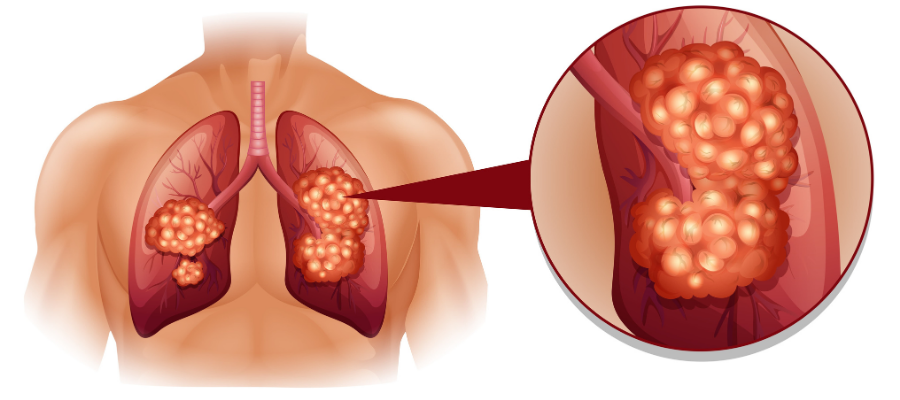
What to Expect During Your First Visit
The first visit with a pulmonologist is not scary at all. They will ask you about the disease, how long you have had it, your medical history, any past infections, and lifestyle habits like smoking or exposure to dust or pollution. Along with that, they will also conduct a few tests depending on the severity of your condition. The doctor may also listen to your chest with a stethoscope to check your breathing sounds.
It’s a relaxed, one-on-one session that helps the doctor get a clear picture of your lung health and plan the right treatment for you.
Conclusion
Now that you know all about pulmonologists and how they can help you, you might be wondering where to find the best one. At Karan Hospital, our skilled lung specialists combine advanced technology with compassionate care to treat a wide range of breathing and lung-related concerns. We’re here to find the root cause and guide you to recovery. Visit Karan Hospital and take the first step towards stronger lungs and peace of mind.



